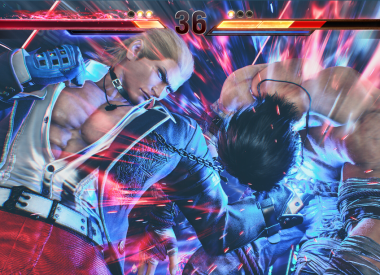Ubisoft is under fire for its representation of the Itate Hyozu Shrine in "Assassin's Creed Shadows," with officials from the shrine confirming they are acting on it.
Rumors that Japan's Association of Shinto Shrines is also implicated have been dispelled.
'Assassin's Creed Shadows' Controversy Explained
The controversy began to emerge after the release of the "Assassin's Creed Shadows" gameplay video early in February by Ubisoft, per Automaton.
In the clip, players are shown to engage with an in-game version of the real Itate Hyozu Shrine where they can go in and desecrate parts of the site including its altar and religious artifacts. This stirred mixed reactions among the players and critics.
Wake up, Ubisoft "defender," and hear our voice! What kind of Assassin's Creed game destroys an actual religious site? Japanese culture is consumed but receives no respect. Here is a perfect example. pic.twitter.com/UsfWMgy53n
— Shohei Kondo (@shoheikondo) January 31, 2025
Certain gamers stood up for the gameplay features, claiming that interactive environments make the game more realistic. Other players, on the other hand, felt the capability to graffiti a religious building extremely disrespectful towards Japanese culture and Shinto traditions.
Shrine Officials Weren't Happy
In the wake of the controversy, speculation was that the officials of the real-life Itate Hyozu Shrine were upset and requested the removal of the site from the game. Although early reports were unverified, Japanese news outlet Sankei News reported the official quotes from the representatives of the shrine on Thursday, Feb. 20.
As per the report, officials at the shrine confirmed that they were "taking appropriate action" against Ubisoft. They did not, however, detail what action they were taking. This leaves it possible that they could ask for alterations to the in-game shrine, restrict interactions within it, or even its removal.
When questioned if Ubisoft had ever asked permission to use the shrine before, one official replied, "No, if they had called us, we would have rejected them." This reinforces the disapproval of the shrine with how their sacred site has been represented.
Debunking Rumors About the Association of Shinto Shrines
Apart from the reaction of Itate Hyozu Shrine, speculation also floated in social media circles that the Japan Association of Shinto Shrines was going against Ubisoft too. Those were all discounted as hoaxes, however. The head interviewed by Sankei News stated positively that the Japan Association of Shino Shrines does not have a stake in it.
Cultural Sensitivity in Gaming
Cultural issues like this are sometimes encountered in gaming. While "Assassin's Creed Shadows" seeks to offer a richly immersive historical experience, its handling of religious locations has prompted ethical debates. It is not the first game to be criticized for showing real-world icons as it offends host societies.
Developers tend to be as historically accurate as possible, but it is possible to misrepresent sacred places and end up with unintended repercussions.

















